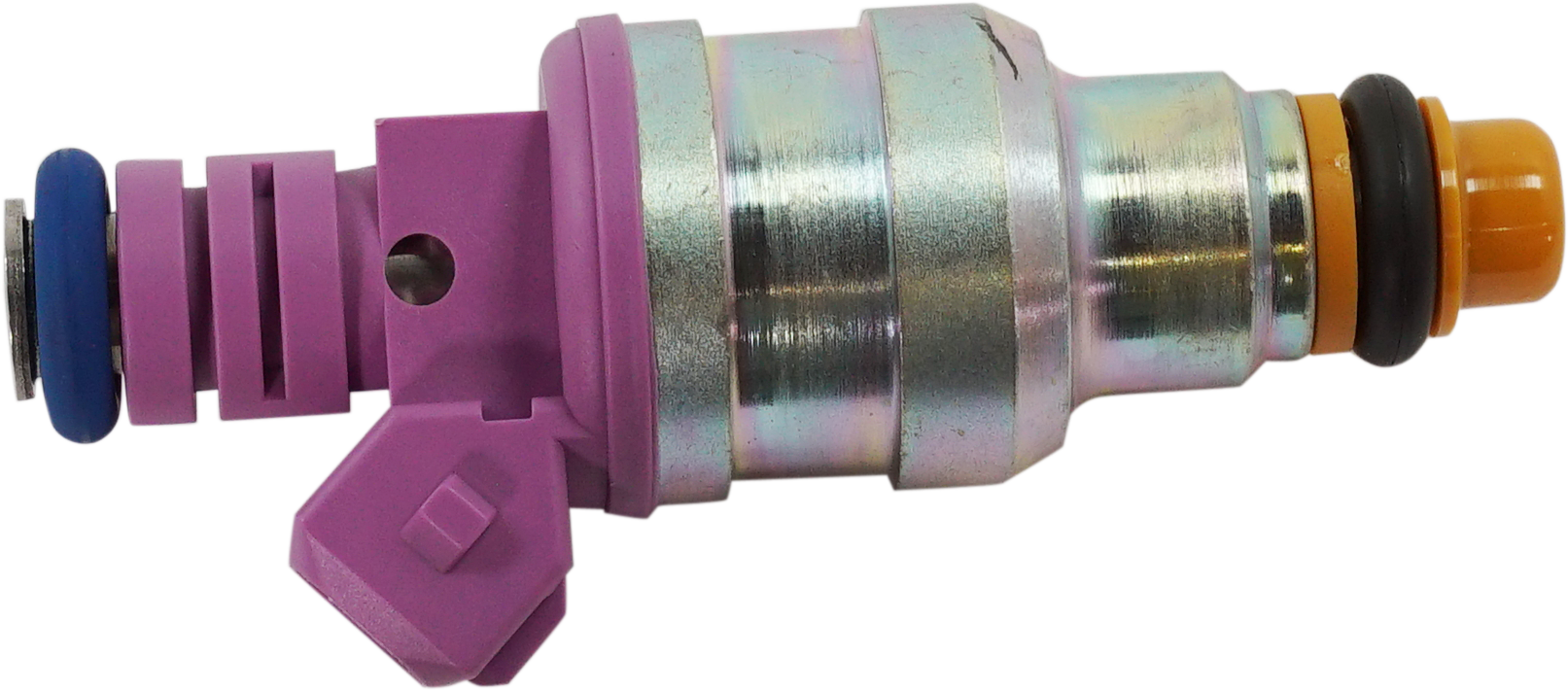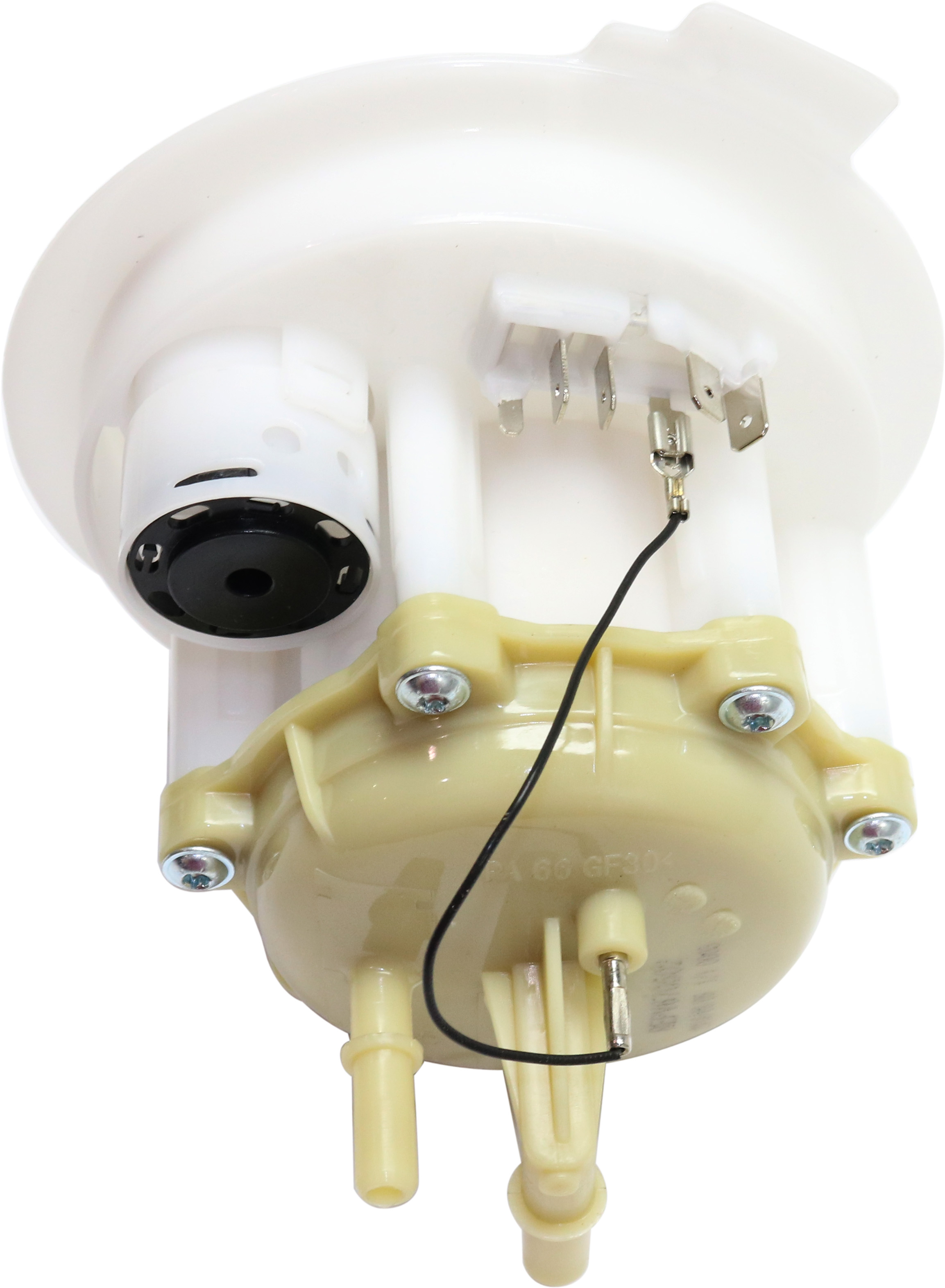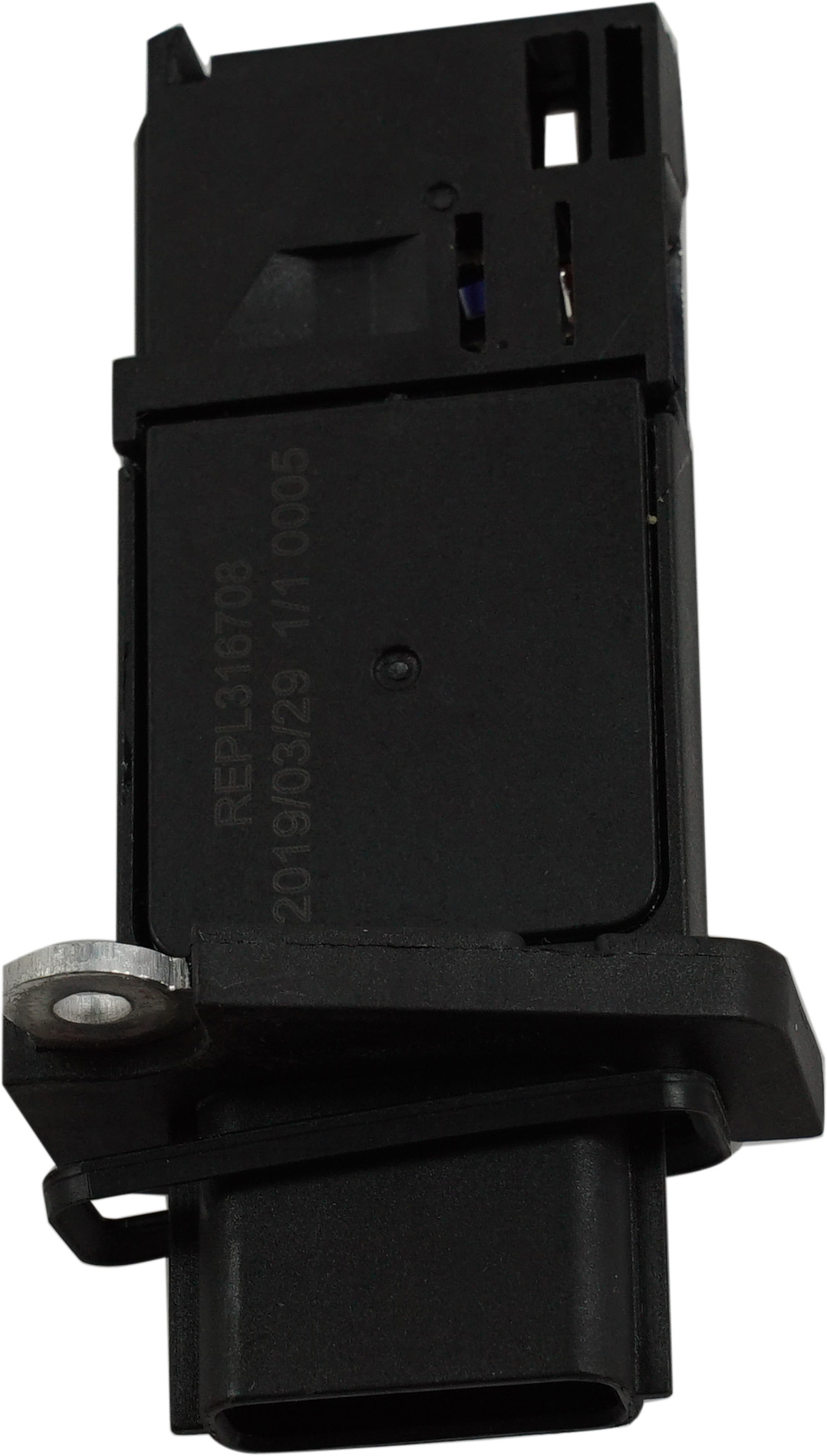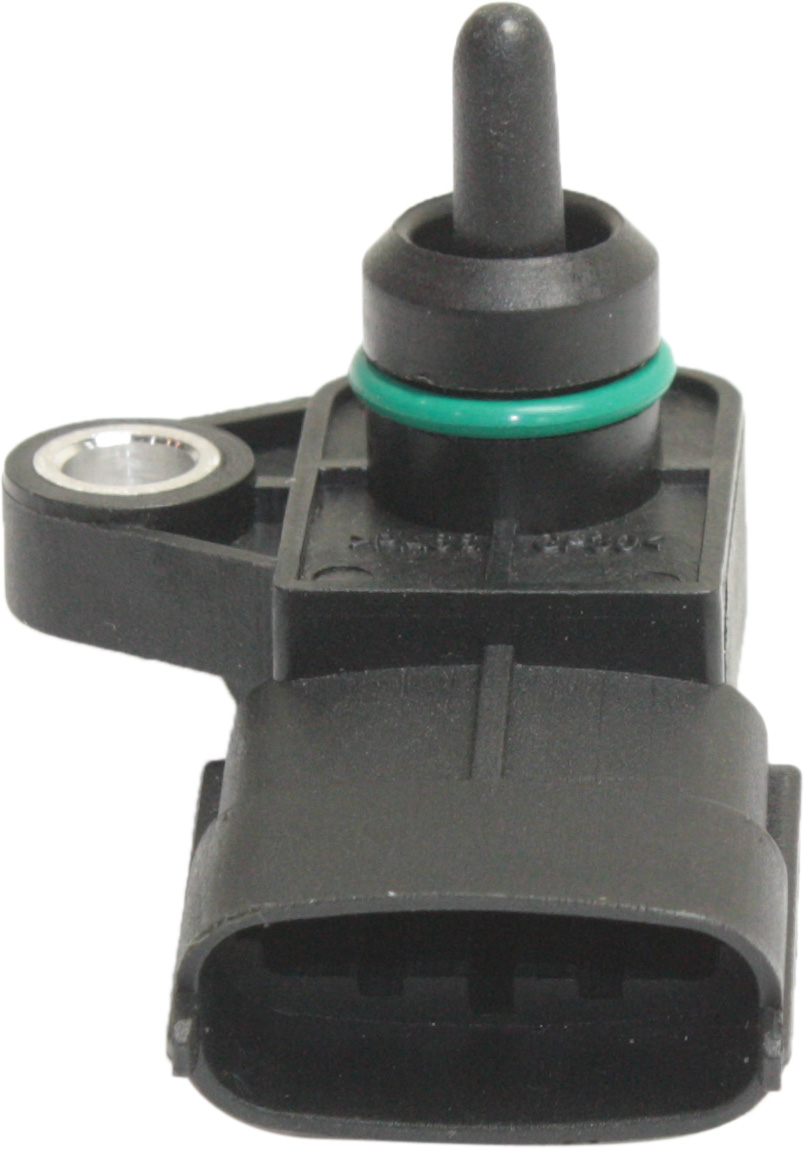Engine hesitation happens when your car lacks power, misfires, or stumbles when you press the gas pedal. The problem can make your vehicle nearly impossible to drive. What’s more, the underlying cause of the issue can potentially damage other systems and components.
So naturally, if your car is hesitating, you’ll want to figure out why and fix the issue as soon as possible.
Why Does My Car Hesitate When I Accelerate? 7 Common Causes
Unfortunately, there is no one-size-fits-all answer to why your car might be suffering from an engine hesitation when accelerating. To find out why your vehicle is hesitating, you (or your mechanic) will need to do some troubleshooting. It’s important to consult a repair manual or repair database to determine the correct diagnostic process for your application.
Usually, you’ll find one of the following issues to be the underlying cause of engine hesitation:
Ignition System Problems

The ignition system is responsible for igniting the air-fuel mixture inside the engine to create the energy needed to propel your car down the road. Problems with the ignition system will often cause the engine to misfire and hesitate under load. Common issues include:
- Worn-out spark plugs
- A faulty ignition coil
- Damaged or worn spark plug wires
- An issue with the distributor
- A bad ignition control module
Fuel Delivery Issues
Your car’s engine needs a precise mixture of air and fuel to run properly. Hesitation can result from an engine that’s running lean (not enough fuel). Some of the most common causes of fuel delivery issues include:
- Bad fuel injectors
- A weak fuel pump
- An obstructed fuel filter
- A faulty fuel pressure regulator
Sensor Problems
Many different sensors can cause the engine to run lean and/or misfire, resulting in a hesitation upon acceleration. Examples include:
- A faulty mass airflow (MAF) sensor
- A bad throttle position (TP) sensor
- A failed manifold absolute pressure (MAP) sensor
Control Module Problems

Your car’s engine sensors provide data to a computer, which is often referred to as the powertrain control module (PCM). The PCM then uses that information to control output devices, such as the ignition coils and fuel injectors. If the PCM is having problems, it’s possible for the vehicle to hesitate under acceleration.
Keep in mind, however, that PCM failure is quite rare. Usually, when the module isn’t working properly, the problem is due to software in need of an update, rather than an internal hardware failure.
Circuit Issues
All of the electronics (sensors, modules, etc.) that govern the engine are connected by circuitry. Problems, such as damaged wires and loose connections, can prevent those circuits from working properly, resulting in a vehicle that hesitates.
Vacuum Leaks
A vacuum leak occurs when unmetered air enters the engine, leaning out the air-fuel mixture. The root cause of the problem could be anything from a leaking vacuum hose to a faulty intake manifold gasket.

Problems with Other Engine Management Systems and Components
But wait—that’s not all. There are additional engine management systems and components that can also lead to hesitation. Some of the most common include:
- Problems with the variable valve timing (VVT) system
- Issues with the exhaust gas recirculation (EGR) system
- Excessive exhaust backpressure (often caused by an obstructed catalytic converter)
- Problems with the throttle body
Where to Get Replacement Parts for Your Vehicle
Issues in different parts can make your car hesitate when accelerating. Whether it’s problems in the ignition system or control modules, make sure you fix or replace them as needed.
Good thing it’s easy to order high-quality replacement parts from CarParts.com. Skip the hassle of visiting the auto parts shops in your area, and find replacement parts for your ride with just a few clicks on your phone or laptop.
Enter your ride’s year, make, and model into our vehicle selector to view compatible parts. You can also narrow down your search according to your preferred brand, price range, part type, and more.
If you want to restore your vehicle’s seamless performance, we have you covered with our fast shipping. All our parts are on hand at strategically located warehouses, so you can get your order in just a few days.
Replace faulty components right away for efficient acceleration. Explore our selection today.
Frequently Asked Questions
Many different issues can cause a vehicle to hesitate while accelerating. Troubleshooting the problem requires a systematic, diagnostic strategy.
Most professionals will start by checking the vehicle for diagnostic trouble codes (DTCs) using a scan tool or code reader. Although the codes don’t tell you exactly what’s wrong with the car, they do provide insight as to where you should begin your troubleshooting process.
Usually, the next step is to review the vehicle’s live data on a scan tool (code readers do not provide live data). When dealing with engine hesitation, one of the most important data parameters to view is short-term fuel trim (STFT).
An STFT reading that’s greater than 10% (once the engine control system is in “closed-loop” mode) typically indicates the engine is running lean. On the other hand, a reading less than -10% means the engine is running rich. Having that information can help you narrow down the possible causes of a vehicle that’s hesitating.
Where you go from there with your troubleshooting process will depend on what information you find during the first few steps of your inspection. For example, you may end up having to test sensors with a digital multimeter, use a fuel pressure gauge to check fuel pressure, or rely on a smoke machine to check for vacuum leaks.
Also, don’t forget to perform a visual inspection. Look for obvious problems, such as damaged spark plug wires or broken vacuum lines. Repair whatever issues you find, clear any codes, and retest the vehicle.
To fix a car that’s hesitating, you (or your mechanic) will need to troubleshoot the vehicle to determine what’s causing the issue. Once you know the cause of the concern, you can perform the necessary repairs to fix the problem.
Shop this Project






Any information provided on this Website is for informational purposes only and is not intended to replace consultation with a professional mechanic. The accuracy and timeliness of the information may change from the time of publication.





































She looks like an accomplished mechanic, for sure.
Hi i have 03 e150 handicap van 4.6L my ob2 says bank 1 bank 2 lean. Fuel if I turn on AC I loose power chugs lose power does not acceleration. But shut off key and restart runs fine until you let off gas ?